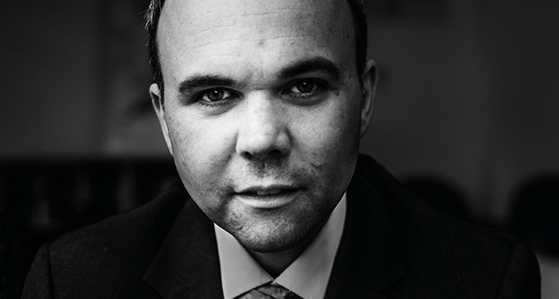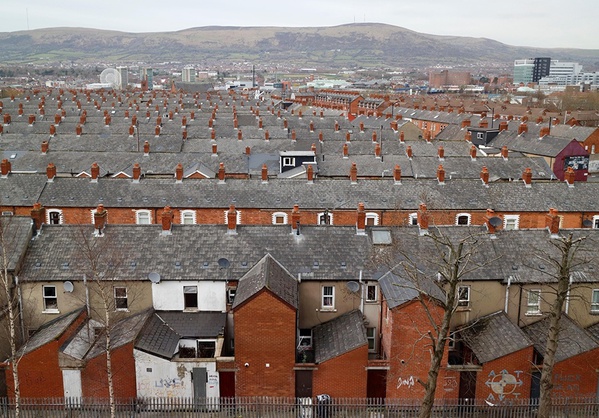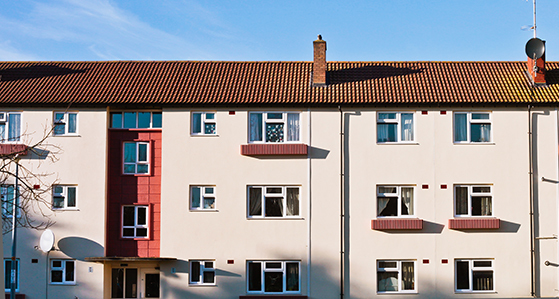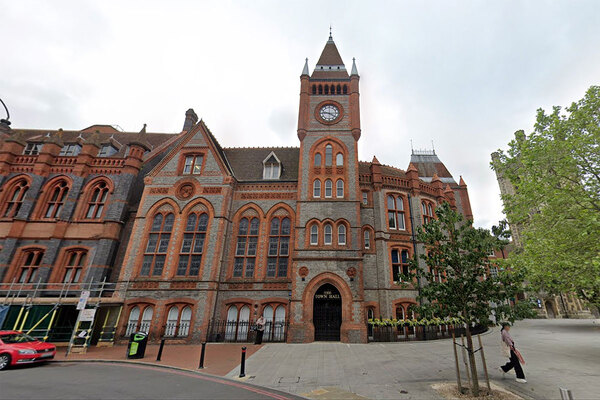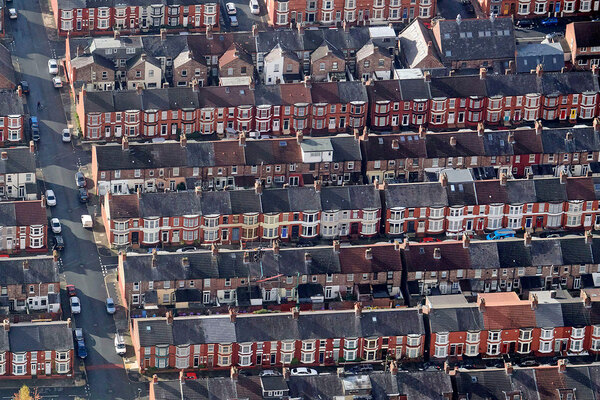You are viewing 1 of your 1 free articles
Councils will not budget for higher-value asset levy amid uncertainty
Councils will not budget for the higher-value asset levy in their Housing Revenue Accounts (HRA) for next year amid uncertainty over when the policy could come into force.
Under the Housing and Planning Act, local authorities are expected to pay a levy to cover the cost of their higher-value homes, with the proceeds used by the government to fund an extension of the Right to Buy to housing associations.
Former housing minister Gavin Barwell told councils last November they would not need to pay the levy during 2017/18, but uncertainty persists over when the policy will be implemented and what the threshold for “higher-value” assets will be.
Gary Porter, chair of the Local Government Association, said there is “not such a great ministerial appetite to discuss it at the moment, and we are quite happy with that”.
Janet Sharpe, director of housing and neighbourhood services at Sheffield City Council, which owns around 41,000 homes, said the council was currently reviewing its plan for its 2018/19 HRA, but did not expect to set aside cash for the levy.
She said: “Although at this stage we have not made specific provision within our HRA account we have identified the HVA levy as a significant risk to our on-going plan viability of our 30 year HRA Business Plan so will be routinely reviewed.”
Kevin Price, deputy leader of 7,500-home Cambridge City Council, said the council would not be budgeting for the levy next year, despite a previous study suggesting that the policy could leave its HRA bankrupt within 10 to 15 years.
He said: “We are working on the basis that it has been put on the back-burner and the government promised that there would be some lead-in time for it.
“But we are conscious and mindful that it may well come in. It seems unlikely in the next financial year, but effectively you can’t plan, you just have to look at it year-on-year.”
John Bibby, chief executive of the Association of Retained Council Housing, said: “This uncertainty around if, or when, the policy will come in and the definition of exactly what constitutes a high-value asset is making it difficult for our members who are trying to put together their HRA business plans and budgets for next year.
“The uncertainty of not knowing whether or not they should be trying to budget for the levy is a barrier to investment in the housing stock and new build programmes.”
Ken Lee, chair of the Chartered Institute of Public Finance and Accountancy’s housing panel, said the "lack of clarity" over the policy "is adding additional stress to councils as they consider their budgets". He urged the government defer it until after 2018/19.
A spokesperson for the Department for Communities and Local Government said: “The government is considering how the legislation on higher-value assets will be implemented under the framework set out in the Housing and Planning Act 2016.”

